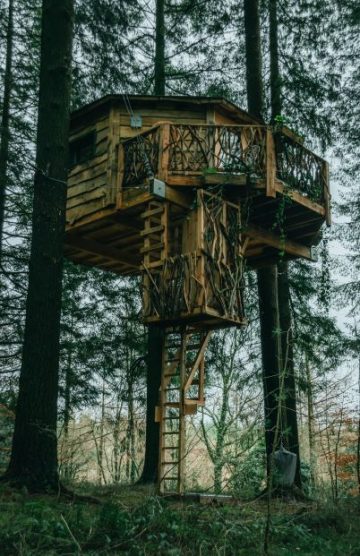
Like-Kind exchanges, more commonly known as 1031 exchanges, have long been used to defer taxes when “trading” assets. Melissa Chauvin provides an update and can help you with rule changes made to like-kind (1031) exchanges.
Tax deferrals with like-kind (1031) exchanges had been available for use on vehicles, equipment and real property. With the passing of the Tax Cut and Jobs Act (TCJA), however, several changes were made to the like-kind exchange rules. The IRS recently issued final regulations on these 1031 changes, and a brief synopsis of these are below.
- Property allowable for a 1031 exchange no longer includes vehicles, equipment, artwork, collectibles, patents, intellectual property or other types of personal or intangible property. 1031 exchanges are now available for real property only.
- Real property is now defined as land, anything permanently built on or attached to land and anything characterized as real property under applicable state and local laws. Leasehold improvements and easements will also qualify as real property.
- To qualify for 1031 treatment, the real property involved must be held for use in a trade or business or investment property. Property held mainly for sale will not qualify.
Properties involved in the 1031 exchange will still need to be of the same nature or character even if different in quality. For instance, improved property is considered to be of like-kind to unimproved property, as in an exchange could be done with an apartment building and raw land. However, real property located in the U.S. is not considered like-kind to real property located outside of the U.S.
Like-kind exchanges must be reported on Form 8824.
If you’re interested in the possibility of a 1031 exchange and have questions, contact Melissa Chauvin or one of our tax professionals for assistance. We can help you with rule changes to like-kind (1031) exchanges.
- Like-Kind (1031) Exchanges Update - January 18, 2021
- The Lifetime Exemption – Updated with Melissa Chauvin - June 16, 2020
- Like Kind Exchange Options - January 21, 2020


